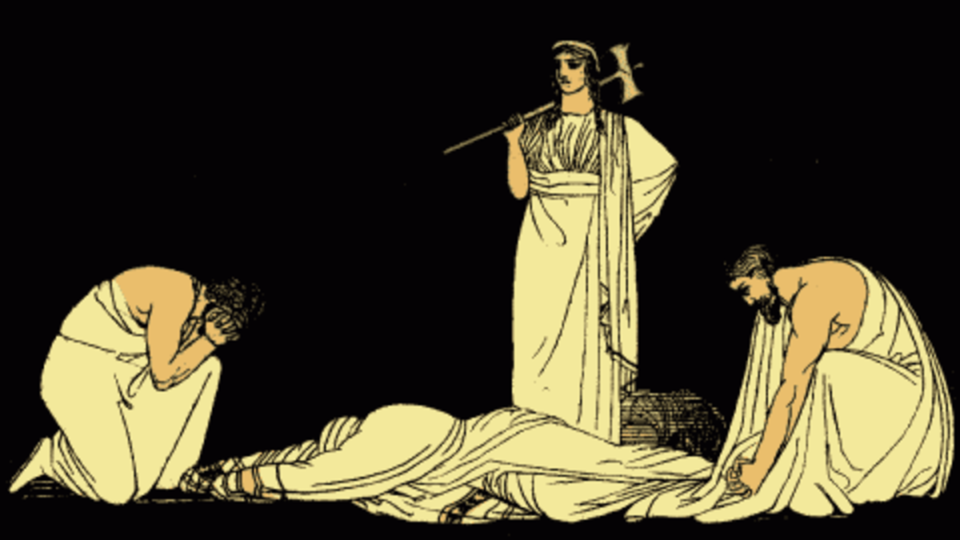- Legal Education and Access Portal
Writ Petition No.1775 of 2017 (Muhammad Junaid Alam v. Federation of Pakistan)
Date of hearing: 19.07.2018.
Court: Lahore High Court, Judicial Department
Name: Writ Petition No.1775 of 2017 (Muhammad Junaid Alam v. Federation of Pakistan through its Secretary, Islamabad & others)
Judges Present: Muhammad Sajid Mehmood Sethi, J
Twenty-six petitions were disposed of in this judgment. All these petitions challenged Regulations no. 48 & 60 of the Pakistan Registration of Medical and Dental Practitioners Regulations, 2008 as being ultra vires the Section 15 of the Medical and Dental Council Ordinance 1962, as amended in the year 2012 through the Medical and Dental Council (Amendment) Act 2012 and Articles 9 & 25 of the Constitution of the Islamic Republic of Pakistan 1973. All petitioners had completed degrees in medicine from different foreign universities. In order to practice medicine in Pakistan, they were required to procure practicing licenses by passing an equivalence examination conducted by the National Examination Board (the NEB Examination). When they tried to enrol for the examination they were denied registration based on Regulations No. 48 and 60 which permitted only those who had procured a no objection certificate (N.O.C.) from the PMDC before enrolling in their university and had scored a minimum of 60% marks in their F.S.C. qualification (intermediate education).
The petitioners argued that according to Section 15 of the Ordinance of 1962, the only requirement to register as a licensed doctor with the PMDC was to clear the NEB examination, which made the requirement of a minimum of 60% marks and the N.O.C., in contradiction to the provisions of the parent statute. They further argued that when such a clear contradiction exists between the primary and delegated legislation, the provisions of the delegated legislation do not carry legal relevance. They further added that by being prohibited from enrolling in the NEB examination, they were being deprived of the opportunity to earn an honest living, which violated their rights guaranteed by article 9 of the Constitution.
The PMDC responded by stating that in numerous cases the superior courts had decided that decisions of the PMDC had legal standing, which made requirements decided by it to be sine qua non. Therefore, since the petitioners did not procure an N.O.C. before enrolling in universities outside Pakistan and some of them did not even have 60% marks in their F.S.C., they should not, as per the PMDC’s rules, be allowed to register as licensed doctors. The regulations made by the PMDC were argued to have been put in place to ensure that the quality of medical education was not compromised upon, given the poor standard of medical education abroad. Also, since sec. 15 of the 1962 Ordinance did not provide the eligibility criteria for the NEB examination it was not relevant to the petitioner’s contention. Instead, the PMDC, by virtue of sec. 33 of the PMDC Ordinance had complete authority to determine the eligibility criteria for licensed professionals.
The leading judgment was given by Muhammad Sajid Mehmood Sethi, J. The PMDC mandated the NEB examination to ensure that doctors not trained in Pakistan possessed the information necessary to practice as licensed professionals. Schedule 15 restricted this power to an examination but regulation no. 48 of the 2008 regulations, made prior to the PMDC Ordinance, required all students to obtain an N.O.C. before commencing education in a foreign university and to have a minimum of 60% marks in F.S.C.. Those who did not have the minimum marks were barred from fuliflling the statutorial requirement of the NEB examination. This put the practitioner’s regulations in conflict with section 15 of the PMDC ordinance which only required the NEB examination to procure a practicing license. The 2008 regulations no. 48 and 60, in the court’s opinion, not only restrained individuals from studying medicine but it also deprived them of the opportunity to prove that they possessed sufficient knowledge to work as doctors in Pakistan. This, the court ruled was the PMDC overreaching the powers defined by the statutory provision (sec. 33 of the Ordinance) delegating authority to it to regulate the licensing of medical professionals. While the court agreed with the PMDC that it had the power to regulate the registration of medical professionals in Pakistan, it did not believe that such powers were unfettered or absolute as their contours were clearly defined by sec. 33 of the Ordinance. The court stated that rulemaking powers must follow the parent statute, not run parallel to it. Therefore, delegated legislation could neither be a substitute for the fundamentals of the parent statue nor could it make additions.
Also, the court noted that the legitimacy in exercising delegating function of powers by the legislature lies in the fact that it is used as an ancillary measure, considered necessary for the exercise of legislative powers effectively. The legislature must retain in its own hands the essential legislative functions which consist of declaring the legislative policy and laying down the standard which is to be enacted into a rule of law, and what can be delegated is the task of subordinate legislation which by its very nature is ancillary to the statute which delegates the power to make it. The court held that any delegated legislation which is impossible to reconcile with the parent statute is ultra vires the authority delegated to it, due to which regulations no. 48 and 60 were in ‘gross contradiction’ to the sec. 15 and 33 of the Ordinance (which do not provide any parameters or guidelines for making rules for students qualified from foreign universities). Therefore, these regulations were decided to be illegal and without lawful authority.
Adding to this, the court noticed the contradiction in the PMDC’s decisions in the past where it had allowed students who had achieved less than 60% marks in their F.S.C. to enroll in medical universities. The PMDC defended these decisions by stating that these concessions were made to students residing in Baluchistan where the quality of education was known to be very poor and the literacy rate was extremely low. The court stated the arguments made by the PMDC were not justified as they were prohibiting petitioner’s with less than 60% marks to practice medicine by arguing that it would be unfair to other students in Pakistan, where students with a similar predicament from Baluchistan were being accommodated, despite them not fulfilling this requirement. Where the article 25 of the Constitution permitted reasonable classification of people for reasonable differentia, it did not allow for favoring some and not others within one defined class.
The PMDC also argued that the High Court lacked jurisdiction to preside over the present case. To this the court referred to article 4 and 5 of the constitution which require all individuals to be treated equally before the law and for the PMDC to follow this law. Not only were these provisions invoking the jurisdiction of the High Court but also art. 18 which guarantees the fundamental right to engage in a trade or a profession of one’s preference.
The court also agreed with the petitioners in stating that the impugned provisions were violative of the right to life of the petitioners as this included all those aspects of life which made one’s life meaningful. Depriving the petitioners of the right to earn a living violated their right to earn a livelihood as guaranteed by sec. 5 of the 1962 Ordinance, read with art. 9 of the constitution.
As far as the concerns of quality were invoked, the court held the NEB examination to be a sufficient check for this.
The court therefore decided to allow this appeal and directed the PMDC to allow the petitioners to take the next NEB examination.



